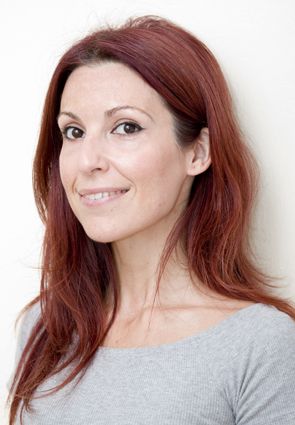Studying Space in Ancient Settlements
The Streets of Avaris, the Use of Space, and the Reification Trap
archaeology and history deal naturally with the time-space challenge. Despite numerous advances in the field of spatial analysis and landscape studies derived from the quantitative revolution that took place in the 70’s of the past century, a real “spatial turn” in archaeology is sometimes still overlooked. As pointed out by Edward Soja in one of his most influential works: “[the spatial turn] cannot be accomplished simply by appending spatial highlights to inherited critical perspectives and sitting back to watch them glow with logical conviction”. A problem that stands in the way of the production of -true- spatial narratives in archaeology is related to three main issues: first, the treatment of time and temporal scales in archaeology; second, a sometimes-unconscious oblivion to the fact that social space is not equal to natural -Euclidean- space, and third that scale is, when dealing with the time-space conundrum, a fundamental piece in the machinery of unfolding events. The implicit assumption that the data we work with, collected by us or by other colleagues, as well as the methodology we use, do not present biases and are not subjected to a (conscious or unconscious) pre-selection, hindrances as well some attempts for a true analysis of space and its constituents.
in this lecture, I will present the current state of my PhD research, where I deal with the structuration of space in ancient Egypt and Syro-Mesopotamia during the second millennium BC. The talk will be framed around the main challenges that may arise when dealing with ancient temporalities, and their assumed reflection in space, and holds scale as its main component. I will try as well to highlight and bring into discussion the barriers that a spurious use of current spatial analysis software such as GIS packages can foster, while trying to open the debate as to what possibilities can help us to overcome the sometimes-ubiquitous reliance on purely visual models.
Silvia Gómez Senovilla
BA in History, Autónoma University of Madrid, MA in Archaeology, Università Ca’ Foscari of Venice, MA in Egyptian Archaeology, University College of London

- date: 16.02.2023
- time: 16:00
- language: Englisch
- link: Zoom link